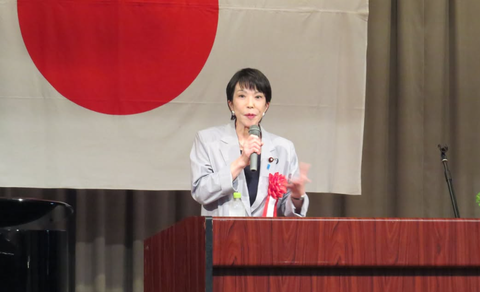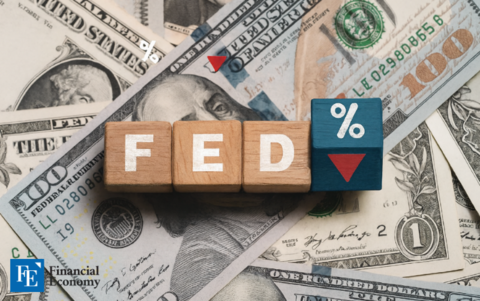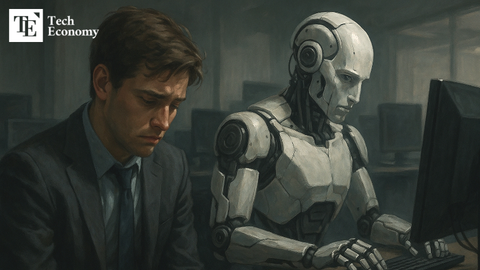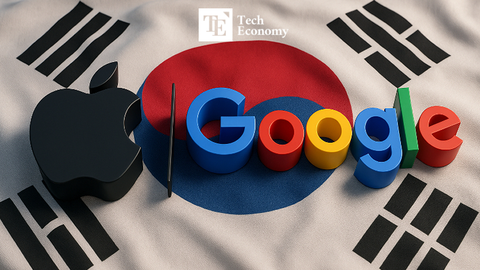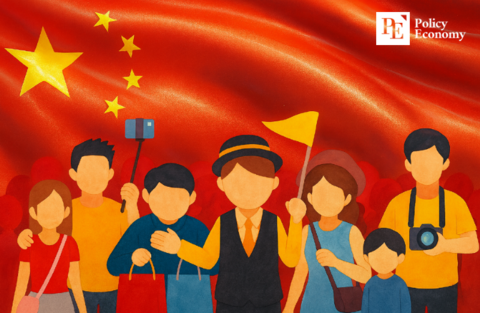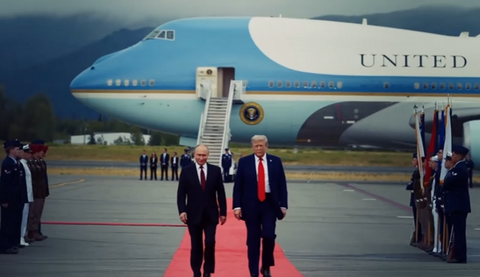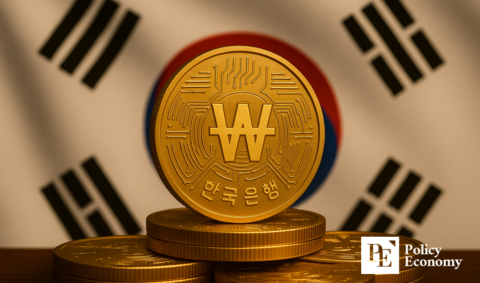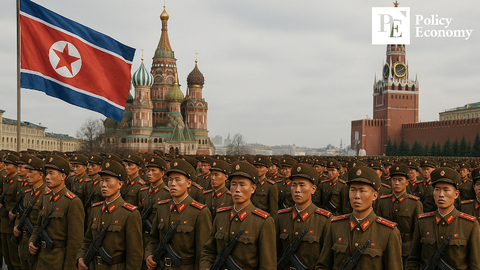RFK Jr., Gavi, and the Price of Principle: Global Health in Jeopardy
Input
Changed
RFK Jr. halts U.S. funding to Gavi, triggering global health concern. Critics argue that his vaccine views lack a scientific foundation. The world braces for ripple effects as immunization efforts falter.
In a stunning policy reversal, President Robert F. Kennedy Jr. has ended federal support for Gavi, the international vaccine alliance that has protected millions of children in vulnerable nations. Citing concerns over transparency and billionaire influence, Kennedy argues the move reclaims U.S. autonomy in global health spending. But critics warn the decision could cripple immunization efforts in low-income countries and embolden anti-science rhetoric at home. The clash is now a test not just of budget priorities, but of how the United States defines its global health responsibility.
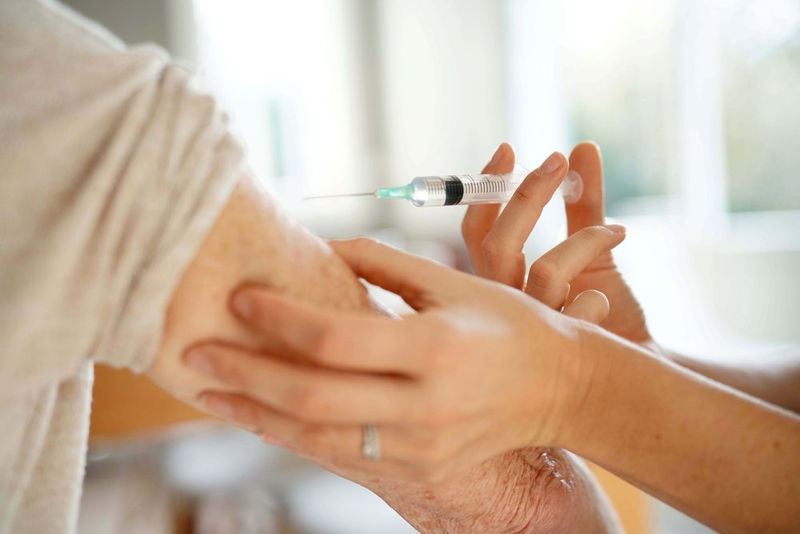
A Crusade Against Pharma, But At What Cost?
In an era marked by political upheaval and institutional skepticism, Robert F. Kennedy Jr. has emerged as a lightning rod for controversy, particularly in the realm of public health. Long known for his critiques of vaccines and pharmaceutical corporations, RFK Jr. has taken a bold step: cutting off all U.S. federal funding to Gavi, the global vaccine alliance.
To his base, this is a principled stand against what he views as an unaccountable, profit-driven biomedical regime. “Why are we funding an organization that operates more like a corporate arm than a health mission?” RFK Jr. recently asked in a press appearance. He portrays the move as a necessary disruption, one meant to restore transparency and public trust in global health decisions.
Yet, the consequences of this policy extend far beyond U.S. borders. Gavi is a linchpin in international vaccination efforts, having helped inoculate over a billion children since its inception. It has supported campaigns against measles, polio, yellow fever, and other vaccine-preventable diseases in over 70 countries.
RFK Jr.’s decision, then, is not just domestic policy; it’s a global health event.
A Blow to Gavi, and the Global Health Consensus
One of the core pillars of RFK Jr.'s argument is that Gavi has lost its neutrality. He suggests the organization operates under undue influence from billionaire philanthropists, especially Bill Gates. The Bill & Melinda Gates Foundation is Gavi’s most prominent private donor, and Gates himself has shaped global vaccine priorities for nearly two decades.
For RFK Jr., this level of influence crosses ethical lines. “No single individual, however wealthy, should dictate global health strategy,” a Kennedy campaign adviser said.
It’s a view that resonates with a growing contingent of Americans skeptical of large foundations and foreign aid. Among critics, the public-private partnership model that Gavi operates under is seen as structurally flawed, too beholden to elite agendas, and lacking democratic oversight.
But public health experts argue this view is dangerously narrow. Gavi isn’t just Gates; it’s a coalition involving WHO, UNICEF, the World Bank, and dozens of national governments. Its work is supported by robust evidence showing dramatic reductions in child mortality and disease burden in some of the world’s poorest regions.
Removing U.S. funding, which has been one of Gavi’s top contributors, doesn’t just create a gap; it also threatens the alliance’s operational stability. Already, Gavi and its partners are warning of vaccine delays, program disruptions, and potential resurgence of deadly diseases.
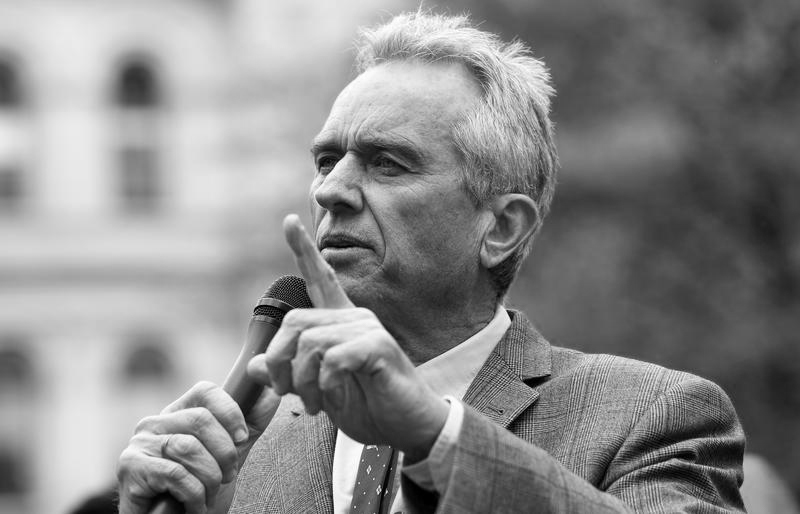
Science, Conspiracy, and the Question of Credibility
Beyond policy, RFK Jr.’s stance strikes at the heart of the vaccine debate. His long-held views on immunization safety, widely discredited by mainstream scientists, raise concerns not only about health funding but also how science is communicated and trusted in the modern age.
RFK Jr. has questioned everything from the number of vaccines in childhood schedules to the rigor of vaccine safety trials. However, he has provided little in the way of peer-reviewed evidence to support his more controversial claims. For many scientists, this isn’t healthy skepticism; it’s science denial.
What makes this moment particularly alarming to public health officials is that RFK Jr. is no longer just talking; he’s governing. And now, with real policy power, his vaccine views are shaping decisions that directly impact vulnerable populations.
In low-income countries where vaccine-preventable disease remains a leading cause of death, the stakes couldn’t be higher. Medical Teams International recently warned that Gavi supply disruptions could lead to millions of children missing basic immunizations, increasing the risk of deadly outbreaks.
Meanwhile, Kennedy’s domestic supporters remain largely unmoved by global criticism. Many argue that the U.S. has spent too long funding initiatives abroad while neglecting structural issues at home. They want reallocation, not recommitment.
Yet the ripple effects of this decision may soon reach back to U.S. shores. Global health is not a zero-sum game; epidemics that start abroad often end up on America’s doorstep. Weakening immunization infrastructure globally increases risks of pandemics, something the world is still recovering from.

